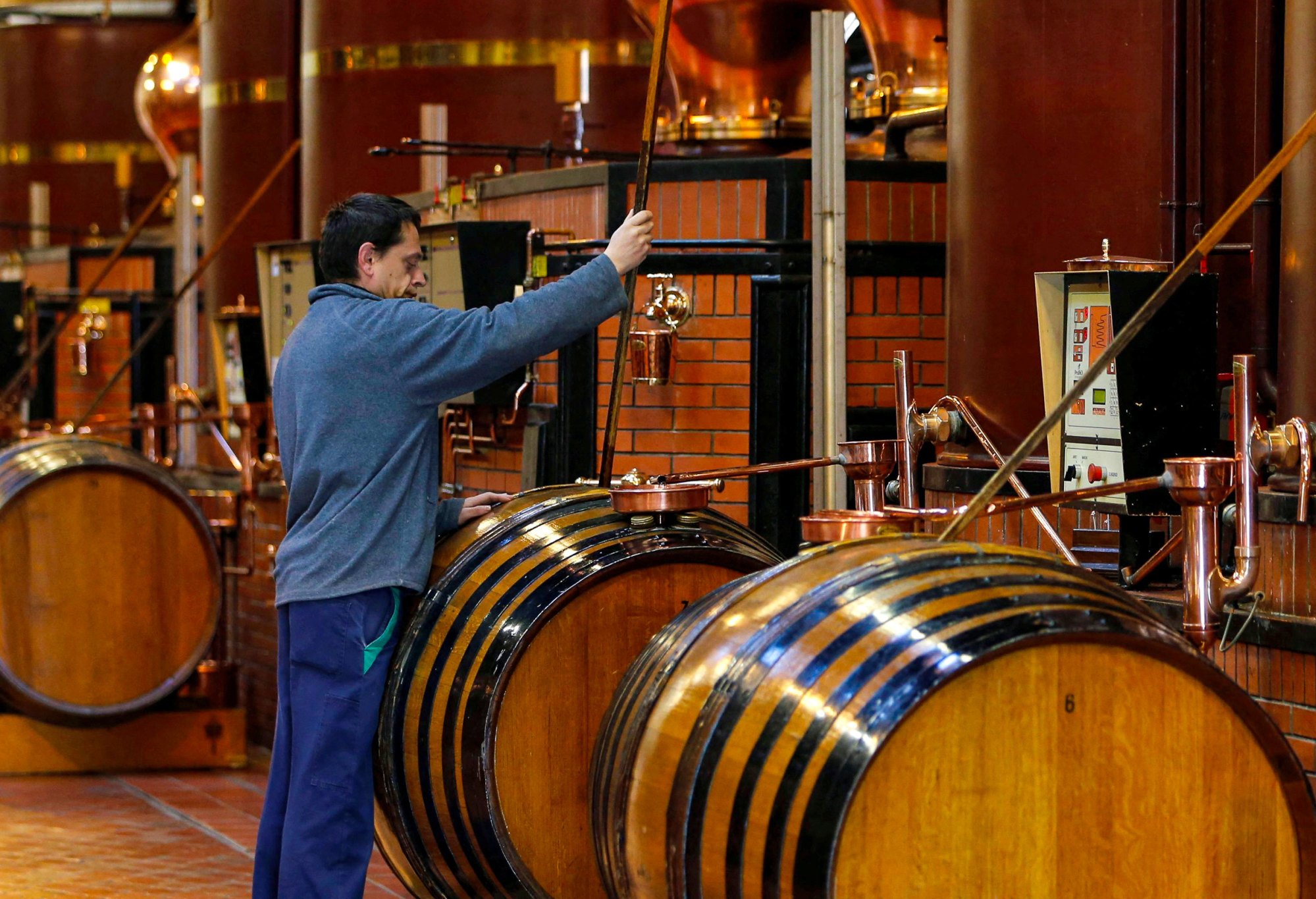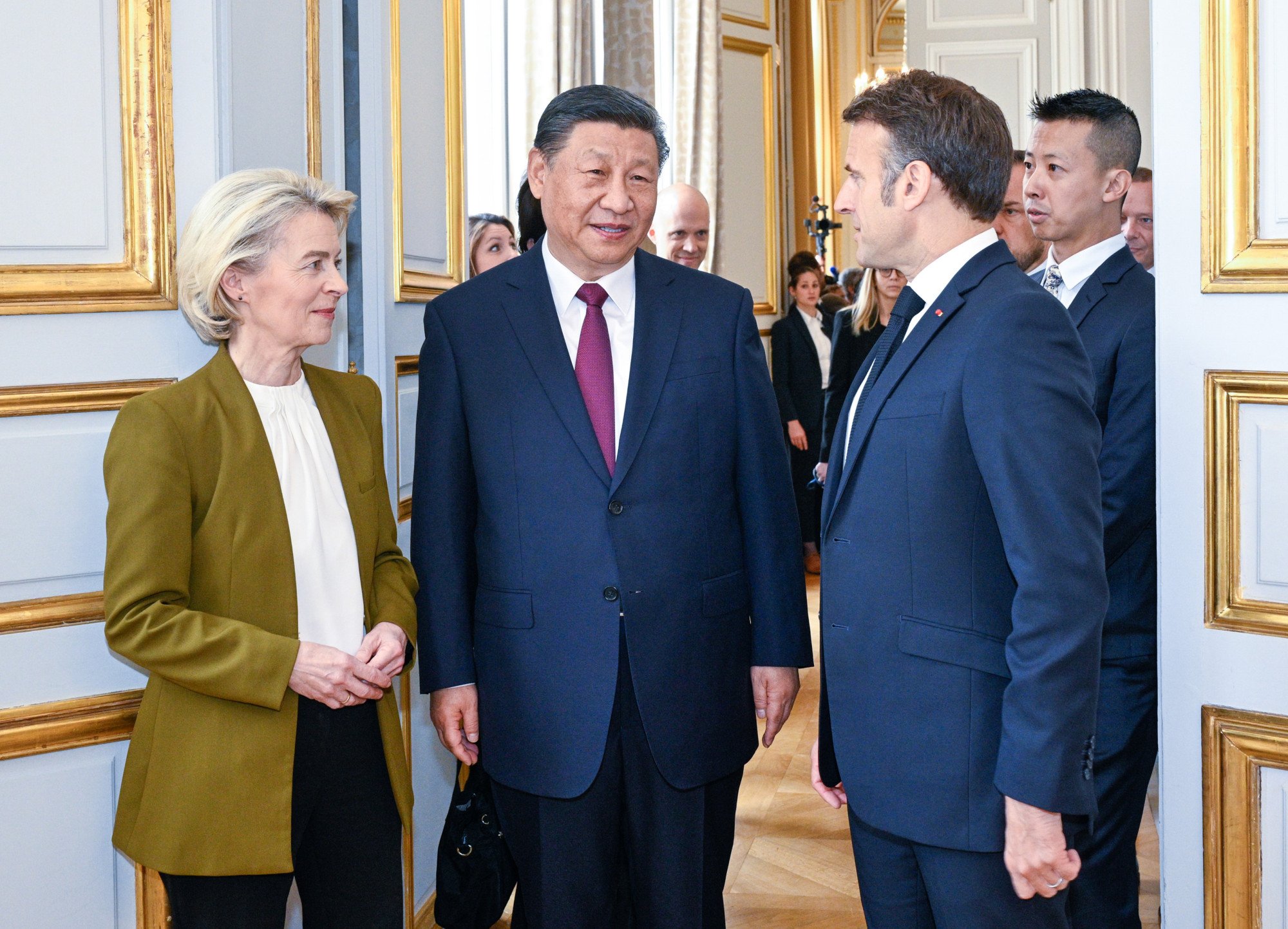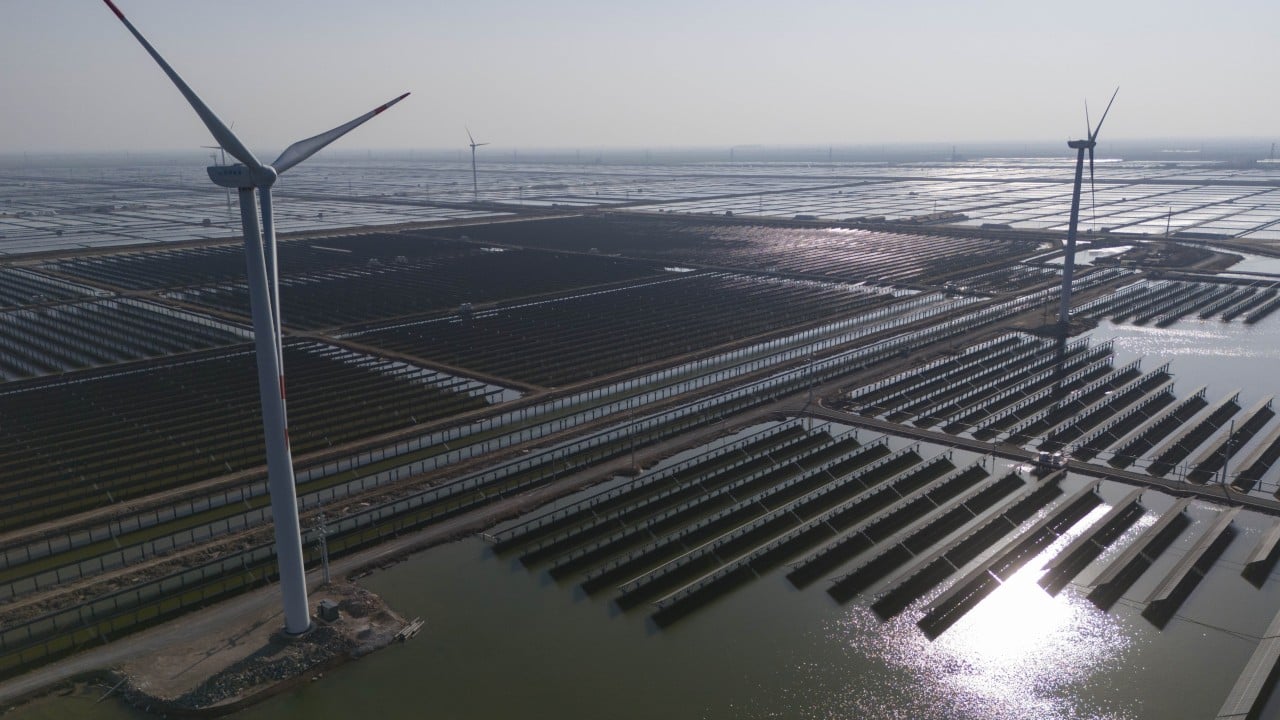Headlines at the time screamed of an imminent trade war. Fast-forward 11 years, European officials are experiencing déjà vu all over again.
New fears of a trade war have been bubbling over in recent months. EU moves to counter what it calls “market-distorting” Chinese subsidies have drawn repeated vows from Beijing to strike back.
A blockbuster investigation into subsidies in China’s electric vehicle industry will conclude in early June. It is expected to result in import duties on imports of Chinese-made EVs.
The investigation has struck a nerve in Beijing, whose initial response was familiar.
In January, China swiftly announced an investigation of its own into what it said was dumping of European brandy on its market. France was the main sponsor of the commission’s EV inquiry, with Beijing expected to scrutinise French cognac in return.
Across the West, as trade tensions with China worsen, policymakers and analysts are scrambling to decipher how Beijing may respond to a series of salvoes.
Experts are poring over election maps, trying to pinpoint swing states that could be made to pay for US President Joe Biden’s blitz of tariffs on a plethora of Chinese imports last week.
Simon Evenett, a professor of economics at the University of St Gallen in Switzerland, speculated that “China could retaliate by targeting the exports from the seven battleground states in the coming US presidential election”.
After comparing these states’ comparative reliance on exporting to China, he determined that Georgia, which Biden won by a narrow margin in 2020, might be most at risk to China’s retaliation.
“Some might challenge the idea that China targets exports from specific states within the US. But doesn’t the US specifically target exports from the Xinjiang [Uygur autonomous] region in China?” Evenett wrote in an accompanying note.
There is plenty of US trade policy precedent for them to dig into. As deputy director of the White House’s National Economic Council, Clete Willems helped craft former president Donald Trump’s hardline approach to China.
“I don’t think [retaliation] was a major deterrent, but we discussed this in the run-up to the initial 301 tariffs, and there was concern about what China would do,” Willems said.
“And clearly they did retaliate and went after some sensitive products in the United States such as agricultural goods.”
On the other side of the Atlantic, Europeans are also eyeing vulnerabilities that could fall foul of Chinese payback. So far, EU insiders see Beijing dipping into “an old recipe book”, but are hoping its member states show more backbone this time around.

“We were absolutely not surprised,” deadpanned one official, comparing the cognac response to the wine and solar wars over a decade earlier.
In that case, under pressure from Berlin and Beijing, France watered down its support for the commission’s position, leading to an end to the dispute.
The following spring, China quietly resolved the wine problem, with French winemakers agreeing to train up their Chinese competitors in exchange for tariff relief.
In Brussels, it is still noted that the EU trade chief at the time, Karel de Gucht, owned an Italian vineyard. “They always go for the emotional stuff,” said one former official.
The consensus in Europe was that Beijing had been entirely successful in peeling EU capitals away from the commission’s position – a tactic it has been accused of replicating today.
Wary of history repeating itself, the commission has kept details of its EV investigation under wraps. Sources said those involved in the investigation are forbidden from discussing details outside a tiny group of top officials.
Some in the EU fear that as more details emerge, Beijing will start picking off member states who are seen to have vulnerabilities that could be exposed.
As the early-June deadline approaches, Chinese threats have grown more diverse.
On Sunday, Beijing launched another investigation, this time into polyoxymethylene copolymer – a chemical commonly used in automotive engineering – coming from the US, EU, Japan and Taiwan.
On Tuesday, a Chinese business group in Brussels put out a statement claiming that the government was planning to raise tariffs on “cars equipped with large-displacement engines”. In Europe, such a move would affect Germany and Slovakia most acutely.
Some officials have been left dismayed at unsubtle hints dropped by senior European figures as to where its pain points are.
On a visit to China last month, Janusz Wojciechowski, the bloc’s agricultural commissioner, told the Financial Times he had lobbied for refraining from retaliation against farm goods, a notoriously sensitive sector across Europe.
Wojciechowski told “Chinese partners” that “we should treat agriculture as a sector which requires special protection … as a strategic sector, strategic for security”, the newspaper reported.
German Chancellor Olaf Scholz has openly questioned the EU’s EV investigation. And when Chinese President Xi Jinping visited France this month, its president, Emmanuel Macron, made clear he was desperate to avoid duties on brandy.
“It is a problem that we show such weakness,” a senior Brussels official said.

Should China advance on cognac, Brussels would be ready to lodge a challenge at the World Trade Organization – a message it has already conveyed to Chinese diplomats.
EU officials believe Beijing would have little chance of winning the case, given the unsound rationale for dumping a premium product at a low price on a market where it is considered a luxury.
The EU has devised its trade and competition instruments with WTO rules in mind. Officials see a correlation between the risk of retaliation from China and the adherence to global trading rules.
Whereas Biden recently raised tariffs on Chinese goods to seemingly arbitrary levels – 100 per cent, for example, for EV imports – the EU’s rate will be carefully calibrated, and will fall well short of Washington’s gambit.
But while retaliation sometimes follows a logical path, it can be unpredictable too.
After Swedish clothing firm H&M distanced itself from cotton made in Xinjiang due to human rights concerns, it found itself subjected to a consumer boycott in China and plummeting sales.
In the face of a US-led effort to restrict China’s access to advanced chips, Beijing put controls on the exports of critical minerals including gallium and germanium.
“China has limited room for retaliation, which is likely to result in asymmetric responses targeting politically sensitive but economically less vital European exports,” said Emre Peker, an analyst at the Eurasia Group consultancy, who noted a strong reaction could bring Europe closer to Washington.
An official pointed to Xi’s recent visit to Europe as an effort to show that “we are still working with China”.
“Is it in China’s strategic interest to push us closer to the US?” they asked. “I doubt it.”

